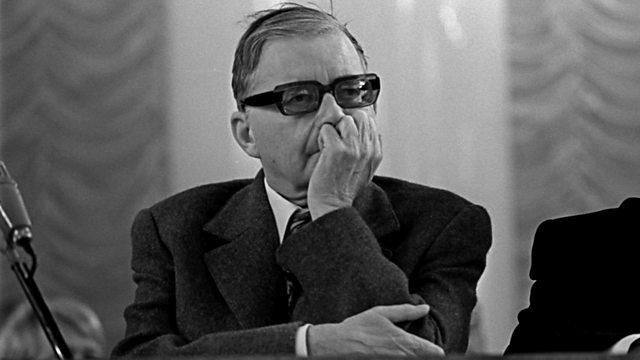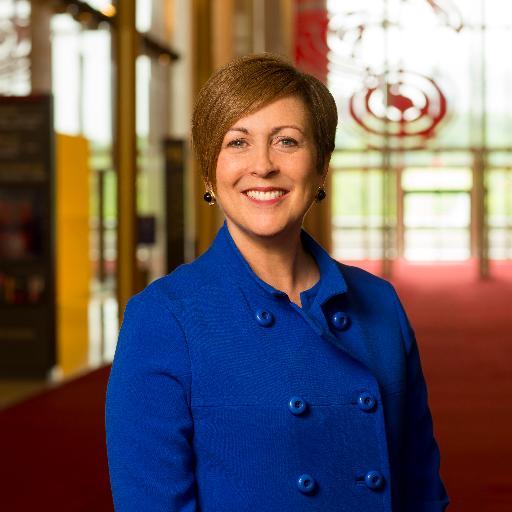Berlin Philharmonic: The fallout
mainThe orchestra’s management has put the best face possible on yesterday’s calamitous indecision, claiming it as a triumph for democracy and stating that ‘the mood during the assembly was described by all participants as very constructive, cooperative and friendly.’
In the cold light of day, the damage can be swiftly assessed.
1 Imagine the board of Bayern München emerging from an 11-hour meeting, unable to choose a new manager. The sporting world would conclude that the board was deeply divided, ill-advised and unbusinesslike. For Bayern, read Berlin Phil.
2 Several faultlines have appeared in the orchestra: between Thielemann supporters and opponents, between Rattle loyalists and sceptics, between veteran players and newcomers. They will not be readily resolved.
3 Music director candidates who spent yesterday waiting for a phone call may declare themselves unavailable by December. Nobody likes being passed over, or considered second-best.
4 The uncertainty that came to light in yesterday’s discussion weakens the orchestra’s bold image.
5 At least four leading candidates told the Berlin Philharmonic they were not interested, at least for the moment. That has never happened before. The blow to confidence will take a while to sink in.






Comments